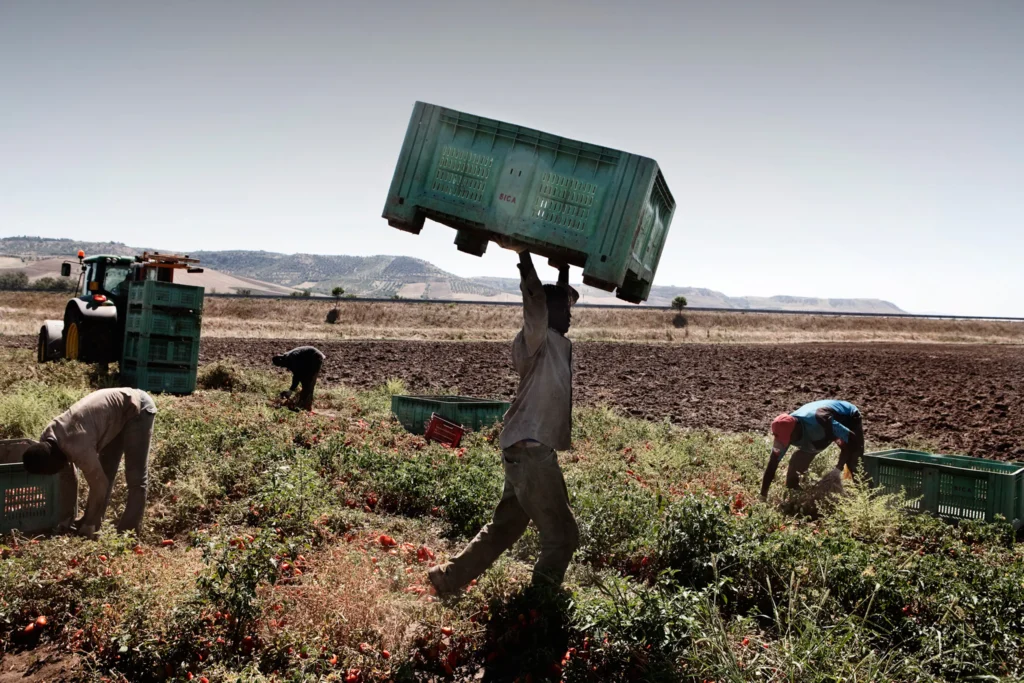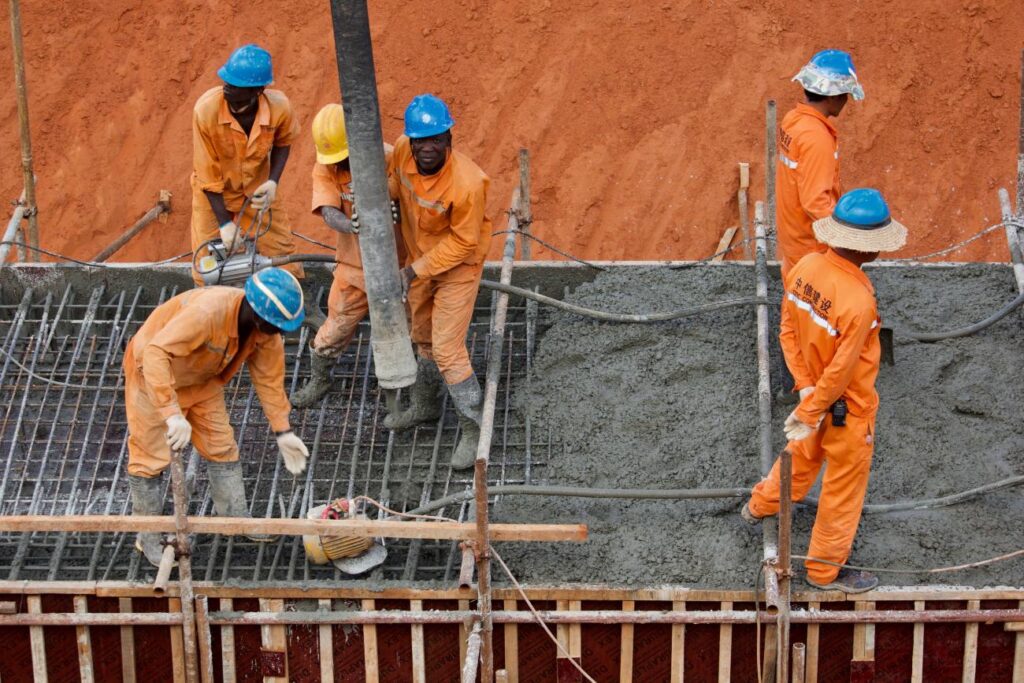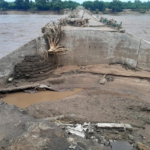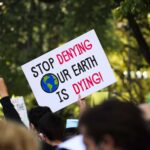A new global survey by Morgan Stanley has shown that more than half of companies worldwide have already faced climate-related operational challenges in the past year, with extreme heat emerging as the leading disruption.
Climate change is no longer a distant threat for businesses and workers. From construction sites in Lagos to factories in Johannesburg, rising heat is disrupting productivity, driving up costs, and putting lives at risk.
The implications for Africa are profound. With nearly half of the continent’s workforce employed in agriculture — much of it informal — soaring temperatures are straining both workers and employers.
Heat stress, a condition caused by prolonged exposure to high temperatures and humidity, is now a major occupational hazard. The World Health Organization ( WHO) warns that it kills hundreds of thousands globally each year, while the International Labour Organization estimates that agricultural and outdoor workers in the Global South face the steepest risks. Women, who make up the majority of Africa’s agricultural workforce, are especially vulnerable, particularly during pregnancy.

For companies, the financial burden of extreme heat is mounting. In South Africa, a disastrous 2022 flood recently led Toyota to file a lawsuit for over $360 million in damages, while miners in Australia and oil companies in Canada have had to adapt to fires and heat waves.
Across Africa, fragile power grids, reduced farm yields, and worker health crises are converging into a climate-driven economic challenge. A Lancet Countdown study found that more than 500 billion potential work hours were lost to extreme heat in 2023 — with low-income countries losing the most.
The science is clear: fossil fuel emissions are pushing global temperatures higher, making heat waves more frequent and severe. For African businesses and workers, this translates into higher operating costs, declining productivity, and worsening inequality. While adaptation measures such as heat-warning systems, tree planting, and regulated working hours can save lives and reduce losses, experts stress that without deep global emissions cuts, limits to adaptation will soon be reached.
As António Guterres put it, “Extreme heat is increasingly tearing through economies, widening inequalities, and killing people. We know what is driving it: fossil fuel-charged, human-induced climate change.”
For Africa’s companies and workers, the challenge is not just survival in hotter conditions; it is pushing for a fairer climate response that addresses both resilience and justice.










